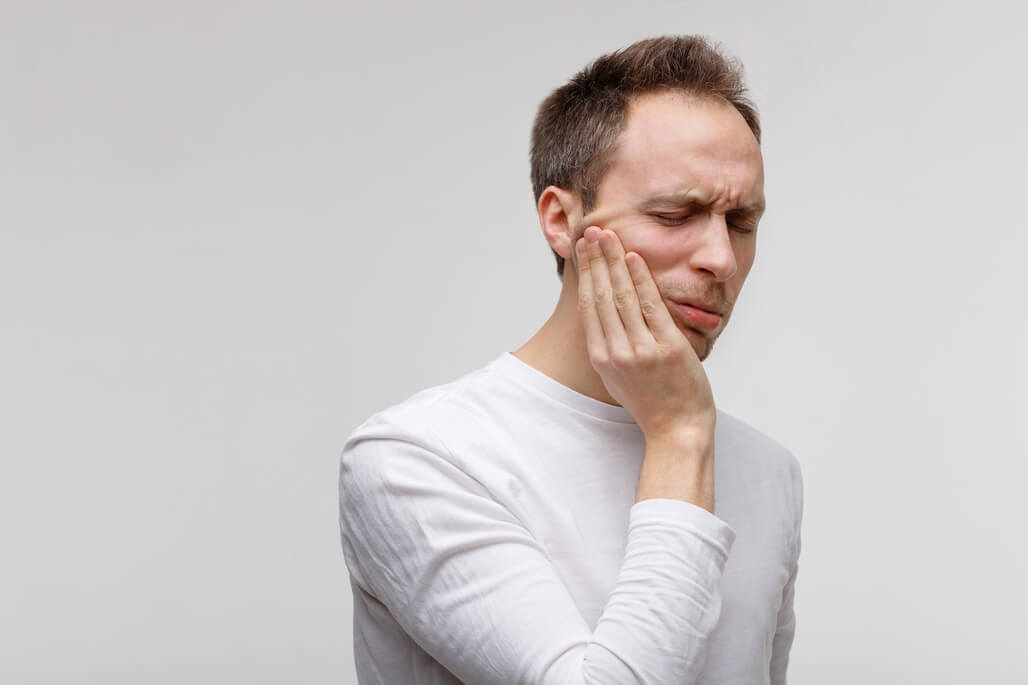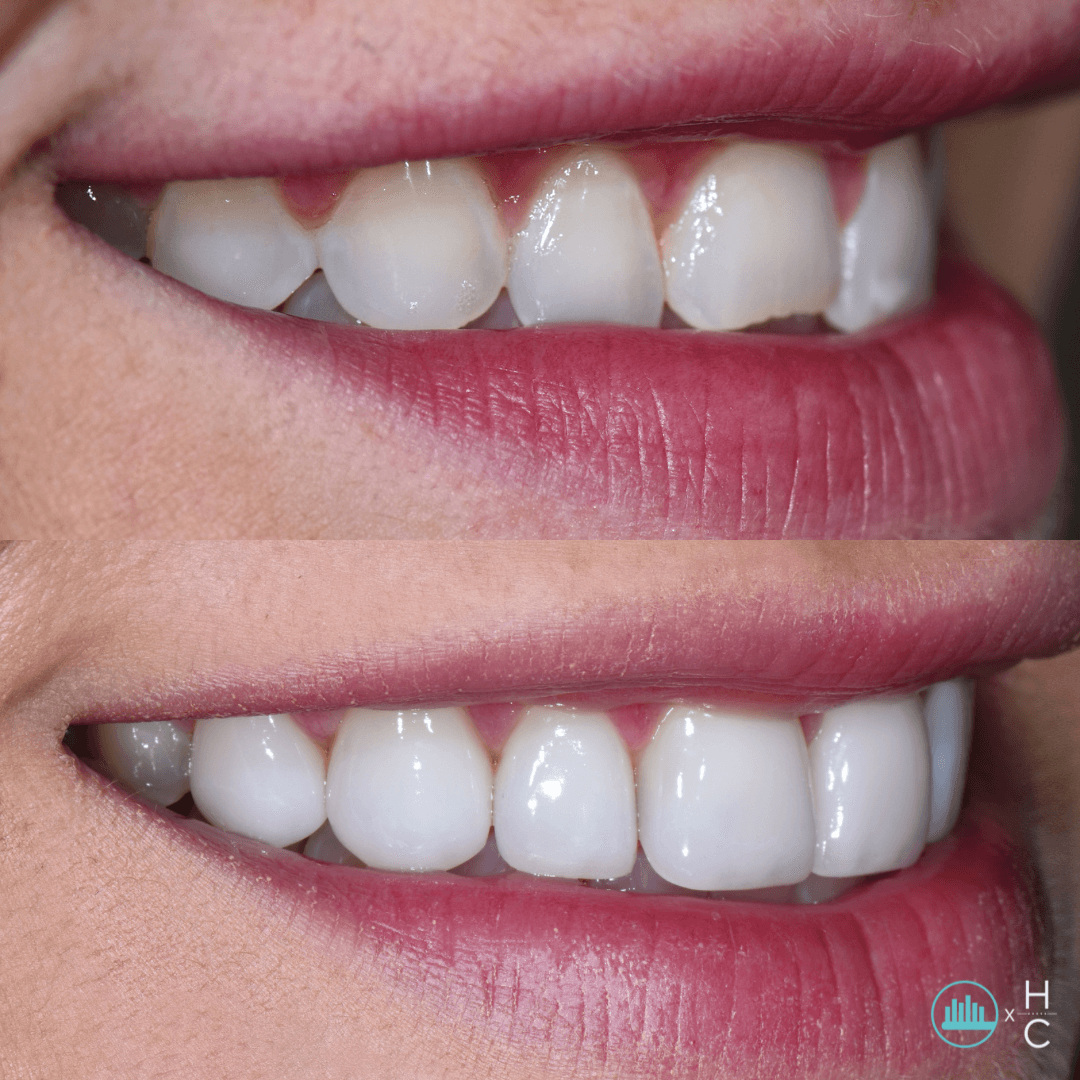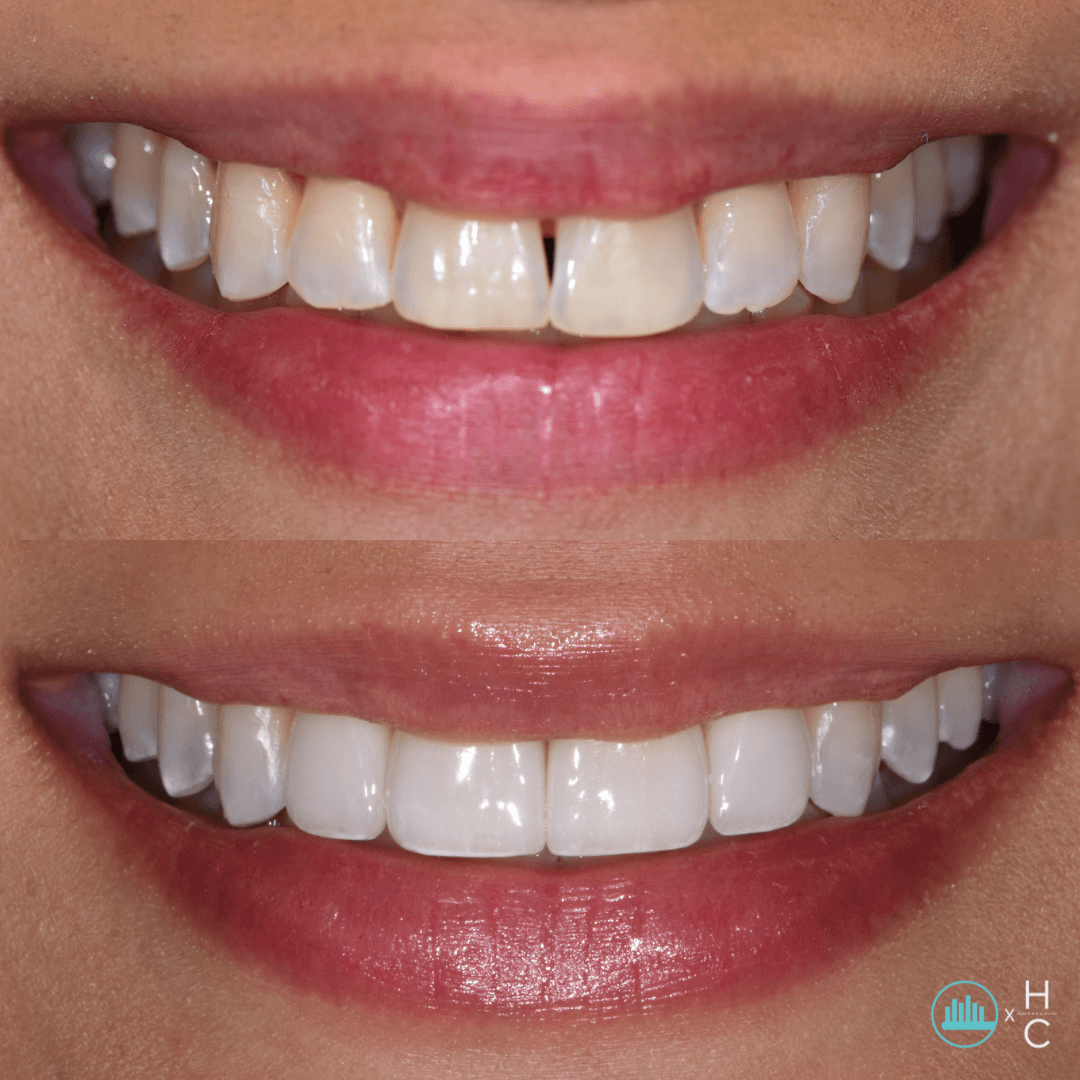Have you ever experienced that startling, jolting sensation after consuming a cold beverage or frozen treat? Many of us have experienced the intriguing problem of tooth sensitivity to cold. Imagine how exciting it would be to eat your favorite ice cream without feeling a sharp sensation overtaking your teeth. In this in-depth article, we solve the puzzle causing this discomfort.
We’ll look at everything, from the complex construction of teeth to the causes of sensitivity. Prepare to learn the reasons behind why your teeth occasionally respond to cold and learn practical strategies to enjoy those frosty treats once more.
Tooth Sensitivity
A common dental condition known as tooth sensitivity can be uncomfortable when exposed to cold temperatures. This feeling, which is frequently described as a sharp twinge or pain, develops when the porous dentin layer underneath the shielding enamel is exposed.
Microtubules in the dentin link to nerve terminals inside the tooth. Although tooth sensitivity isn’t always a sign of an infection, it can result from several conditions, including weakening enamel, receding gums, or dental issues. We’ll discuss how teeth become sensitive, the causes of this disease, and whether sensitivity is always a symptom of an underlying infection in the parts that follow.
Why Is My Tooth Sensitive to Cold?
The dentin, a layer under the enamel that protects the inner tooth pulp, is exposed when a tooth is exposed, which causes the sensation of sensitivity to cold. Microscopic tubules within the dentin become visible when enamel erodes because of factors like teeth grinding, intense brushing, acidic foods, or these.
These tubules are sensitive to temperature fluctuations because they directly connect to the tooth’s nerve terminals. Additionally, receding gums can expose tooth roots, which are more sensitive to cold temperatures because they lack a coating of protective enamel.
While sensitivity may not necessarily indicate an infection, it can be an indicator of dental problems, which is crucial to keep in mind. Gum disease, cavities, and tooth fractures could all be sensitivity factors. Changes in oral hygiene practices, such as using desensitizing toothpaste and gentle brushing, are frequently prompted by this discomfort.
Knowing the root reasons will enable you to handle the problem proactively and enjoy cold delicacies without the uncomfortable chill of discomfort.

Symptoms of Teeth Sensitivity
Teeth sensitivity to cold can appear as a variety of unpleasant symptoms and signify underlying dental problems. Recognizing these symptoms enables prompt management and intervention:
- Sharp Pain: The telltale sign of dental sensitivity is a quick, acute ache when consuming cold foods or beverages. This ache may come and go or persist.
- Biting Sensation: Biting into foods that are either cold or hot may cause momentary, intense pain. This frequently indicates that nerve terminals and visible dentin are present.
- Pain While Brushing: Brushing your teeth, particularly with cold water, may cause pain. Sensitivity is made worse by the temperature and bristles.
- Air Sensitivity: Breathing in cold air through your mouth can cause sensitivity, making it difficult to do things like breathe or sip cold liquids.
- Gum Pain: Sensitive teeth can make the gums hurt, especially if they are exposed to temperature variations.
- Tingling or Shooting Pain: Some people who consume cold substances report experiencing tingling or shooting pain, which is an indication of nerve sensitivity.
- Pain Relieving with Warmth: The pain brought on by cold sensitivity may be momentarily reduced by applying warmth or by eating warm foods.
- Sensitivity That is Localized: The sensitivity may be restricted to teeth or regions of the mouth.
- Increased Sensitivity to Sweets: Some people may feel increased sensitivity to sweets in addition to cold.
- Progressive Discomfort: If untreated, sensitivity can get worse over time and affect everyday activities and quality of life.
Recognizing these indicators leads to preventative measures. If sensitivity persists or worsens, it is imperative to see a dentist since it may be a sign of hidden dental issues that need treatment and care.
Treatment for Sensitive Teeth
To effectively treat sensitive teeth, the discomfort must be reduced, and the underlying causes must be addressed. To find relief, think about these strategies:
- Desensitizing Toothpaste: Toothpaste that has been specially made with ingredients like potassium nitrate or strontium chloride can help block neural pathways, gradually lessening sensitivity.
- Fluoride Application: Fluoride treatments either in-office or toothpaste with fluoride help to improve enamel and lessen sensitivity.
- Dental Sealants: Placing dental sealants on exposed tooth surfaces produces a barrier that protects them from irritants and temperature changes.
- Gum Grafting: To restore gum health and cover exposed roots caused by receding gums, a surgical procedure is required.
- Change in Brushing Method: Using a soft-bristled toothbrush and a gentle brushing method reduces enamel abrasion.
- Mouthguard for Grinding: Wearing a custom-made mouthguard helps stop teeth from additional wear if grinding your teeth causes sensitivity.
- Dietary Changes: Limiting acidic meals and beverages helps to lessen sensitivity and stop enamel degradation.
- Professional Dental Care: Routine dental exams allow for the early detection of dental problems and prompt remediation.
- Crowns or Fillings: Dental restorations can repair fissures or cavities, restoring tooth structure and minimizing sensitivity.
- Root Canal Therapy: may be required in severe cases where sensitivity is brought on by nerve exposure or infection.
The efficacy of treatment is increased when it is tailored to the underlying reason. To establish the best course of action for your unique sensitivity issues and general oral health, consultation with a dentist is essential.
How Dentist Can Help With Teeth Sensitivity
Dentists are essential in treating tooth sensitivity. They identify underlying reasons, such as dental decay and enamel degradation. Dentists advise appropriate therapies such as fluoride applications, desensitizing drugs, and tooth restorations. Regular dental exams ensure prompt action and provide individualized treatments to reduce discomfort and improve oral health.
Visit Chicago Dental Studio For Sensitivity Treatment
Say goodbye to the discomfort caused by sensitive teeth. You can enjoy chilly treats without fear if you are aware of their triggers and seek professional help.
Contact The Chicago Dental Studio for complete answers and knowledgeable direction. Accept a life free from dental sensitivity and take pleasure in a pain-free, confident grin.





